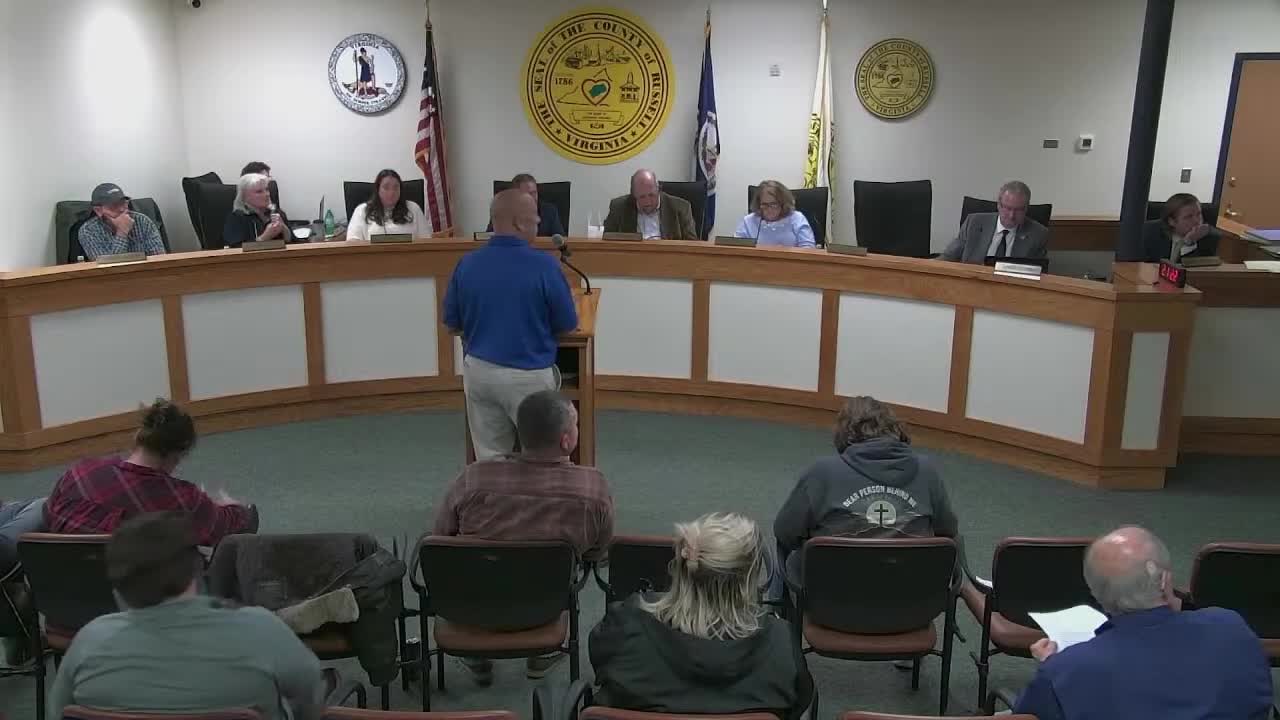Russell County authorizes Starlink rollout to improve first‑responder connectivity
Get AI-powered insights, summaries, and transcripts
Subscribe
Summary
The Russell County Board of Supervisors authorized county staff to begin a program equipping 71 first‑responder vehicles with Starlink mobile terminals to provide broadband access in coverage gaps for CAD, NCIC queries and medical data transmission.
The Russell County Board of Supervisors on Nov. 3 authorized county staff to begin deploying Starlink mobile units to expand internet and cellular capability for first responders.
Bridal Skanes, representing sheriff’s office emergency communications coordination, told the board the county faces coverage gaps due to local terrain and ageing radio infrastructure. He described tests in remote areas that showed limited or no mobile data, which impeded access to mission‑critical systems such as CAD, mobile data terminals, mapping, NCIC checks and transmission of 12‑lead EKGs.
The proposal asked to outfit 71 vehicles — including patrol cars, emergency management vehicles and two units per fire or rescue agency — with Starlink mobile terminals (Mini or similar). Presenters said Starlink can provide broadband in areas without reliable cellular coverage and described typical benefits:
- On‑scene access to CAD and incident maps, improved incident command coordination and real‑time information sharing. - Reliable EKG and patient data transmission to hospitals and real‑time consultation with medical control in time‑sensitive cases (STEMI, stroke, trauma). - A resilient backup that can operate if terrestrial infrastructure is damaged by storms or floods.
County presenters and vendor representatives said hardware quotes and recurring service estimates shown to the board could be reduced; staff estimated potential savings by removing existing Verizon routers in patrol cars, and vendors cited lower bulk pricing for municipal purchases.
The board voted to authorize the county administrator, sheriff’s office and vendor contacts to proceed with procurement and initial deployment. Supervisors indicated the project could be funded from non‑general‑fund revenue (casino funds) and noted earlier tests during flood response where a Starlink unit aided local coordination.
County staff said implementation steps will include procurement of hardware, installation planning (roof or dash mounting for vehicles), establishing service agreements and a phased deployment with training for personnel. Staff also indicated the potential to reduce recurrent cellular router costs formerly billed to county public safety lines.
The motion passed with board support. Supervisors requested follow‑up on pricing, installation timelines and any recurring annual cost before full deployment and directed staff to return with final cost figures and a procurement schedule.
